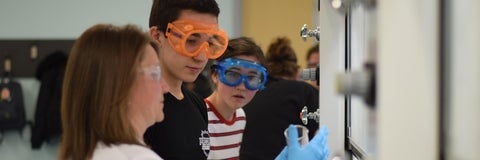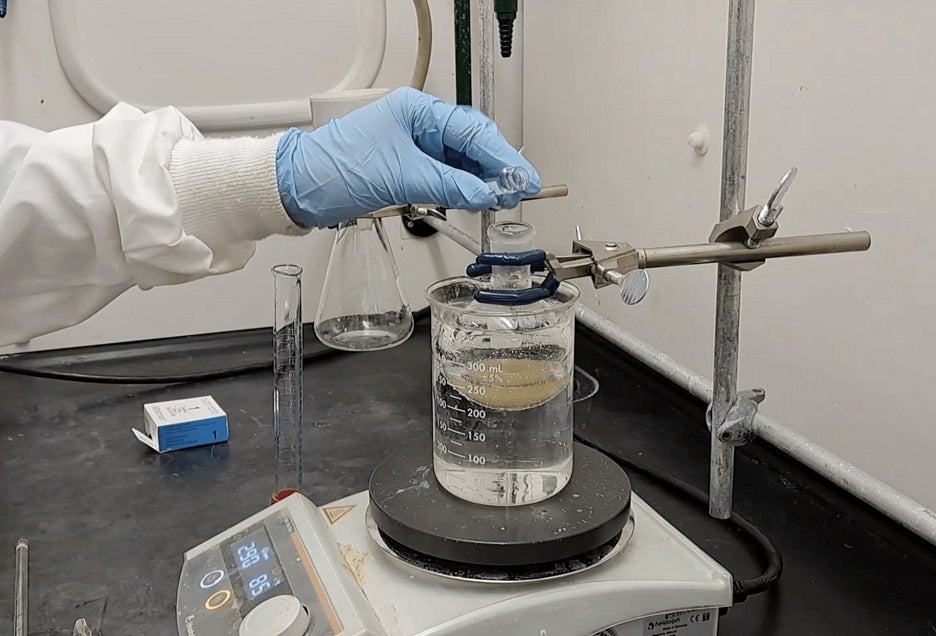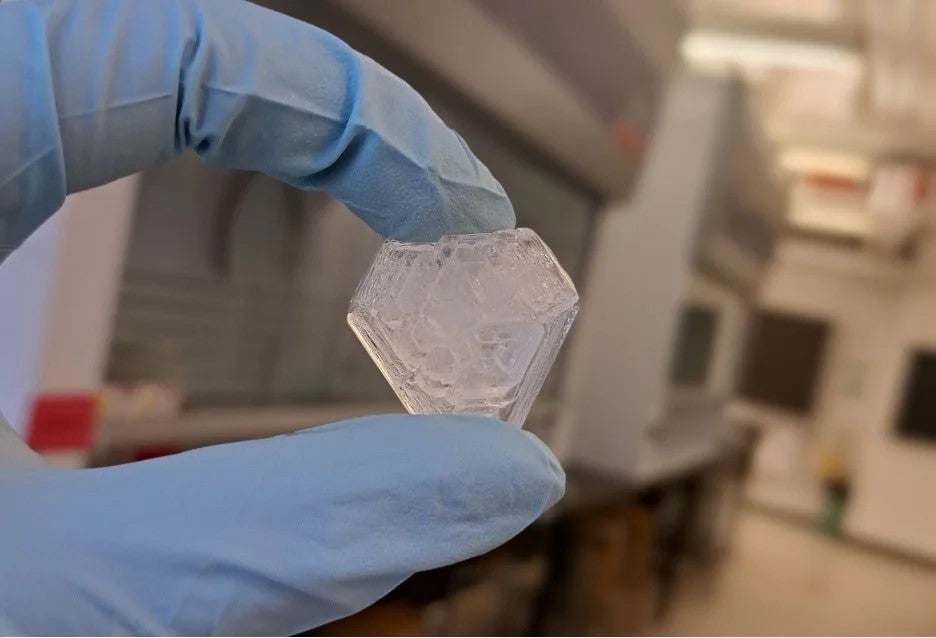Visit us on campus
In the Department of Chemistry, we are dedicated to providing support for high school chemistry educators and students. Our outreach program invites Grade 11 and 12 chemistry classes to visit the University of Waterloo for Chem Lab Days.
Chem Lab Days can include a selection of the following events:
- Choice of a hands-on chemistry lab that uses stoichiometry calculations and physical properties analysis: The Synthesis of Acetaminophen or Aluminum Recycling
- Science faculty tour
- Chemistry mini-lecture
- Admissions information
- Free time to explore campus (if requested)
Please email chemistry.outreach@uwaterloo.ca if you would like to be waitlisted for our next offering of Chem Lab Days.
Preparing to attend Chem Lab Days
Contact us
For further information about our outreach program, special requests, or general inquiries, please do not hesitate to contact us by email at chemistry.outreach@uwaterloo.ca.


